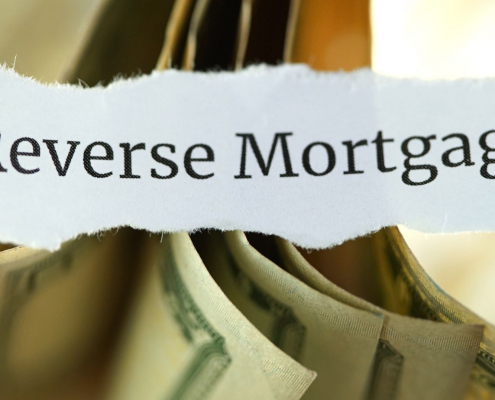Placing a loved one in a nursing home is never an easy decision. You know they need daily care and assistance to live a fulfilling life, but you might worry about the cost.
Nursing homes can be expensive and lead to financial strain. Many people can’t afford the costs upfront. Even though your relative must receive consistent care due to their declining health, you don’t know if you can pay the bills.
If your aging parent or a family member has Medicare, they may have access to medical coverage, such as prescription drugs, hospitalization, and doctor visits. However, Medicare only covers long-term care to a point. Typically, the program will pay for part of the cost of a nursing home up to 100 days of care.
There is another program, called Medicaid (also known as Medi-Cal here in California), that may be available to cover care needs beyond this threshold.
Nursing Home Expenses Covered by Medi-Cal
Individuals who meet the financial eligibility requirements and need the level of care a nursing home provides can receive full coverage through Medi-Cal. In general, Medi-Cal pays for all expenses necessary for someone to live in a nursing home, such as:
- Room and board
- Medical supplies
- Meals
- Rehabilitation
- Prescriptions
- Social services
- Personal hygiene items
In some cases, residents in long-term care facilities might have to pay extra for the cost of items not covered by Medi-Cal, such as:
- Social events outside the nursing home premises
- Special meals for unique dietary needs
- Cosmetic items
- Electronics, such as television, phone, and radio
- Clothing
How to Qualify for Medi-Cal
Medi-Cal is available to the elderly, pregnant women, people with disabilities, and low-income individuals and families in all states. The Affordable Care Act also provides Medicaid coverage for adults under 65 years old without a disability or minor children.
Eligibility depends on a person’s income. Each state has a limit to the amount of income a person can earn to apply for Medi-Cal. Separate limits involve financial resources a person has, such as real property, bank accounts, and cash.
Assets are also a factor in determining eligibility for Medi-Cal. Countable assets include:
- Stocks
- Checking and savings accounts
- Bonds
- CDs
Savings for funeral expenses, personal belongings, homes, and cars are not included as countable assets.
All income earned by a Medi-Cal recipient must go towards paying the cost of a nursing home. A deduction for medical needs, such as private health insurance and a monthly allowance might also be available.
Contact Us
Nursing homes can be vital to a dependent adult’s future. Receiving round-the-clock care can improve their quality of life and provide the necessities to promote physical and mental health.
If you’re considering placing your loved one in a nursing home and want to discuss whether Medi-Cal will pay, contact our experienced elder law attorneys today by calling (800) 244-8814.
 https://www.copenbarger.com/wp-content/uploads/2022/09/Millennials.jpg
924
1640
Valerie Guerrero
https://www.copenbarger.com/wp-content/uploads/2025/11/Frame-64-2.png
Valerie Guerrero2022-10-14 06:00:142022-09-30 08:30:33Millennials Are Planning Their Estates More Than Ever
https://www.copenbarger.com/wp-content/uploads/2022/09/Millennials.jpg
924
1640
Valerie Guerrero
https://www.copenbarger.com/wp-content/uploads/2025/11/Frame-64-2.png
Valerie Guerrero2022-10-14 06:00:142022-09-30 08:30:33Millennials Are Planning Their Estates More Than Ever



